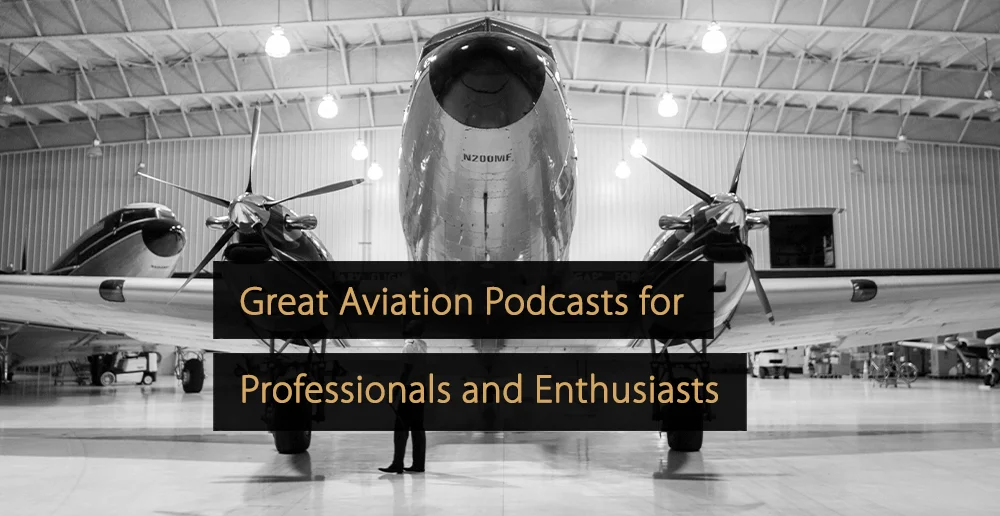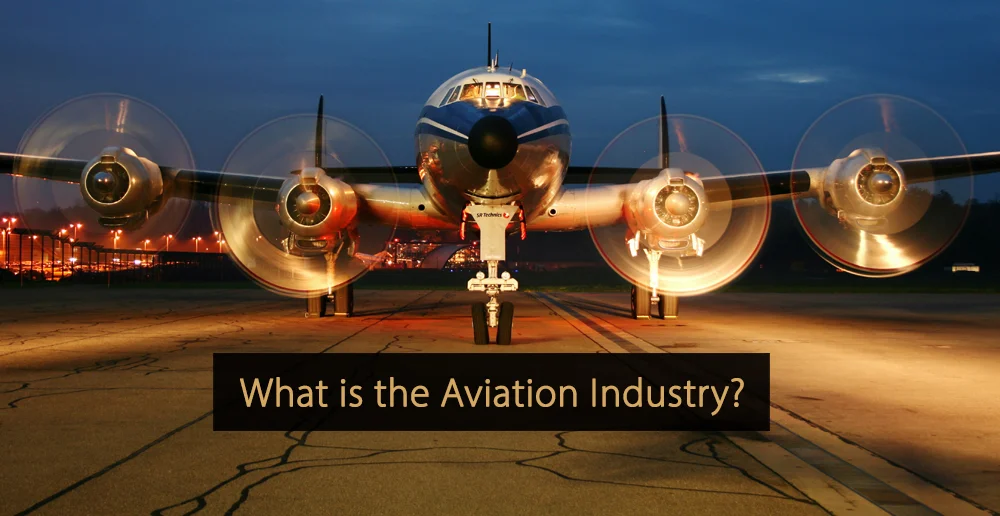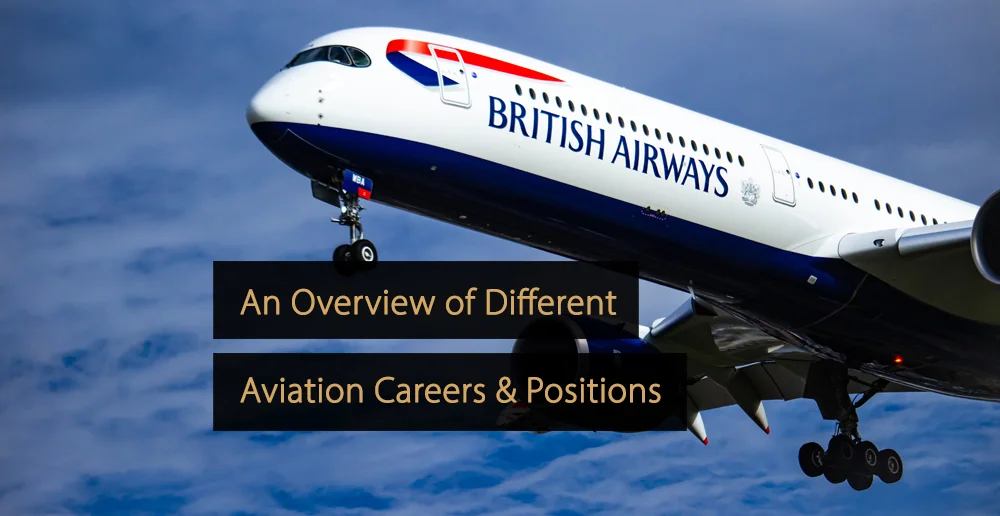When it comes to finding flight attendant jobs, it is essential to acknowledge significant competition for places, which is why any help can be invaluable. In this article, you will learn much more about flight attendant jobs, the requirements to work in such a role, and some useful tips for finding work.
Table of Contents:
- What is a Flight Attendant?
- What Kind of Education Does a Flight Attendant Need?
- What Are the Duties of a Flight Attendant?
- What Skills Does a Flight Attendant Need?
- What is the Salary of a Flight Attendant?
- How to Search For & Find Flight Attendant Jobs
- Video: How to Become a Flight Attendant
- Video: A Day in The Life of a Flight Attendant
- Descriptions of the Main Airport Jobs
- Information on the Airline Careers Available
- Channels for Finding Airline Manager Vacancies
- Recruitment Agencies for Aviation Management Jobs
- Hiring Airline Staff for Your Company
- The Airline Industry: Everything You Need to Know
What is a Flight Attendant?
A flight attendant, sometimes called a cabin attendant, an air steward/stewardess, or an air host/hostess, is primarily responsible for ensuring passengers are safe and comfortable on flights. They are usually employed to work on commercial flights but may also be present on some private, business, or military flights too.
The team of flight attendants and other similar employees are collectively referred to as cabin crew. They are responsible for, among other things, providing safety information, responding to customer concerns, and serving food and drink. However, responsibilities extend far beyond this, as you will learn more about them later.
What Kind of Education Does a Flight Attendant Need?
There are few strict requirements for academic achievement for those who wish to work in flight attendant jobs, although candidates may be expected to possess strong high school-level grades.
Nonetheless, some employers may prefer those with more advanced qualifications, such as relevant bachelor’s degrees in subjects related to the aviation industry, the travel industry, or dealing with customers. Examples may include aviation management, leisure, and tourism, or customer service management. Some colleges also offer specific air cabin crew diplomas, while other employers may offer apprenticeships.
However, more important than your formal academic study is the completion of specific training for flight attendant jobs. This will usually take place over several weeks. Before you can work as a flight attendant, you will need to be approved by a relevant body, such as the European Aviation Safety Agency or the Federal Aviation Administration.
This will also mean passing background checks and, as part of your training, you will likely have to complete a practical examination too. After passing your training program and being fully approved, you may be placed on a reserve list until a relevant vacancy arises, which you can fill.
What Are the Duties of a Flight Attendant?
The day-to-day duties of those working in flight attendant jobs are varied, but one of the most prominent features of the role is providing customer service to passengers. This could range from bringing them food and drinks upon request, to helping them with things like storing luggage in the overhead compartments.
A significant part of the role involves going over safety procedures and providing instructions on what to do if certain situations occur over the course of the flight. Similarly, there is also a need to respond to any emergency situations if and when they do arise, which could mean providing medical assistance or other kinds of support.
There will, at times, be a requirement to communicate with other personnel, whether on the aircraft or the ground. Moreover, there may be a need to provide satisfied passengers with additional assistance, and there will undoubtedly be a need to continually monitor the aircraft for risks, unusual activity, or explicit threats to safety.
What Skills Does a Flight Attendant Need?
You must possess strong communication and interpersonal skills to succeed in flight attendant jobs. After all, a significant part of the role will involve speaking with passengers, answering their questions, responding to their requests, reassuring them, explaining safety procedures, and intervening in disputes.
Due to the nature of the role, you will also need to be able to cope well under pressure and remain calm and ready to make rational decisions, even in the most stressful of emergency situations.
When it comes to the physical requirements associated with the job, most employers will require you to have a high fitness level because the work itself can be physically demanding. There is also often a requirement that you can swim competently, which is a safety measure in the event of an emergency landing.
First aid training will usually be covered as part of the wider flight attendant training, but any experience you have in this area will be advantageous. You will also need to be flexible and adaptable. The role involves a requirement to travel to different parts of the world, and decisions on where you will travel could be made on short notice.
What is the Salary of a Flight Attendant?
The salary of those working in flight attendant jobs can vary significantly based on a range of factors, including location, the level of experience the person has, the size of the airline they are employed by, and whether the individual has any desirable skills that other cabin crew members do not possess.
To provide a clearer sense of the lay of the land, the median salary for a flight attendant in the United States is around $50,000. In contrast, in the United Kingdom, the median salary is around £20,000. The highest salaries in the United States are around the $80,000 mark, while around £40,000 represents the higher end of the scale in the UK.
On top of this, flight attendants typically have reasonable expenses paid when they must travel away from home and stay overnight, which can happen multiple times per week.
How to Search For & Find Flight Attendant Jobs
When it comes to finding flight attendant jobs, there are some different options available, and it is usually best to use a combination of the following methods and online channels.
1. Search for Flight Attendant Job Directly Through Airlines
The first and perhaps the most obvious way to search for flight attendant jobs online is to take the direct approach, which involves visiting the websites and social media platforms of airlines, seeing what opportunities they are advertising, and then applying for those roles through their application process.
Give our “Airline Jobs: List of Airlines to Find Your Next Job!” article a read for much more information on this direct approach, along with an overview of some of the largest airlines in the world.
2. Search on Job Boards Specialized in Aviation & Airlines
Another option is to search for vacancies using online job boards specializing in aviation or the airline industry. These platforms allow you to explore job listings from many different employers simultaneously, and it is usually quick and easy to narrow down your search to focus on flight attendant jobs.
Check out “Airline Vacancies: List of Job Boards to Find a Job at an Airline”, where you can learn more about the value of job boards and gain access to a list of the best job boards to find flight attendant work.
3. Search for Flight Attendant Jobs on LinkedIn
Another option, sometimes overlooked by job seekers, is the LinkedIn platform. This social networking site allows you to quickly and easily search for flight attendant jobs advertised in the ‘Jobs‘ section, and you can easily set up job alerts and apply for any relevant vacancies online.
Beyond this, LinkedIn can also be valuable for establishing contacts in the industry and communicating with them. Suppose you develop a mutually beneficial network, which includes airline or aviation management personnel or people currently working in flight attendant jobs. In that case, you may gain access to some otherwise inaccessible opportunities.
Video: How to Become a Flight Attendant
In this video, you learn how to become a flight attendant and how to apply for a flight attendant job.
Video: A Day in The Life of a Flight Attendant
In this video, you follow several flight attendants during their daily shifts.
Descriptions of the Main Airport Jobs
Most of those employed in flight attendant jobs will be based at an airport. Still, airports are extremely diverse workplaces, and the sheer number of airport jobs available means there is a role that will suit almost anyone. As a result, no matter what your qualifications, experience levels, and aspirations, you should find a viable option.
Read “Descriptions of the Main Airport Jobs” for more details on the various positions available within airports, along with descriptions of what each role is and what skills you need to do each job.
Information on the Airline Careers Available
Away from flight attendant jobs, airlines employ people in numerous other roles, ranging from customer service roles to pilots, engineers, and managers. Understanding these jobs can be crucial for pursuing a career that suits your skillset, personal qualities, and other attributes.
Read through “Airline Careers: An Overview of Different Airline Positions”, where you can find out much more about the careers offered by airlines and learn about what each of the different positions actually entails.
Channels for Finding Airline Manager Vacancies
One of the best alternatives to flight attendant jobs is to try to find work as an airline manager. This position is highly responsible, with many different duties associated with it. It is essential to understand all of them, but on top of this, you will also need to know which channels to use actually to land such a role.
In the “Airline Manager Job Description & Channels to Find the Job!” article, you can read detailed job descriptions, the skills needed, the duties, and a list of the best channels to use in your job search.
Recruitment Agencies for Aviation Management Jobs
Regarding finding aviation management jobs, much like flight attendant jobs, recruitment agencies have a valuable role to play. They tend to be closely connected with employers, will have extensive experience in recruiting cabin crew members, and can work with you on things like your CV and your interview technique.
Read “Aviation Management Jobs: List of Recruitment Agencies To Find a Job!” for much more on the benefits of using recruitment agencies to work as an aviation management professional.
Hiring Airline Staff for Your Company
If you are looking to hire new staff, irrespective of whether you are hoping to fill pilots’ roles, flight attendant jobs, or any other position, you need to go through the right steps. This means defining the job, identifying the most desirable qualities, using applications and CVs to eliminate unsuitable candidates, and conducting high-quality interviews.
Look at our “Hiring Airline Staff for Your Company” post, which will provide you with valuable insights into the hiring process and the steps you need to take to attract the best candidates you can.
The Airline Industry: Everything You Need to Know
Before attempting to find work as a flight attendant, it may be advisable to take the time to learn as much as you can about airlines and the airline industry. This might include learning about the different types of airlines, the biggest employers in the industry, the main business models they use, and the key technological developments.
In the “Airline Industry: All You Need to Know About the Airline Sector” article, you will be able to find all of this information, allowing you to apply for a role in the industry from a stronger starting position.
Flight attendant jobs provide unique challenges but also unique opportunities, which is why the demand for vacancies is always high. You can improve your chances of being hired for the role using the tips provided.
More Tips to Grow Your Business
Revfine.com is the leading knowledge platform for the hospitality and travel industry. Professionals use our insights, strategies, and actionable tips to get inspired, optimize revenue, innovate processes, and improve customer experience.Explore expert advice on management, marketing, revenue management, operations, software, and technology in our dedicated Hotel, Hospitality, and Travel & Tourism categories.
This article is written by:
Hi, I am Martijn Barten, founder of Revfine.com. With 20 years of experience in the hospitality industry, I specialize in optimizing revenue by combining revenue management with marketing strategies. I have successfully developed, implemented, and managed revenue management and marketing strategies for individual properties and multi-property portfolios.









Leave A Comment